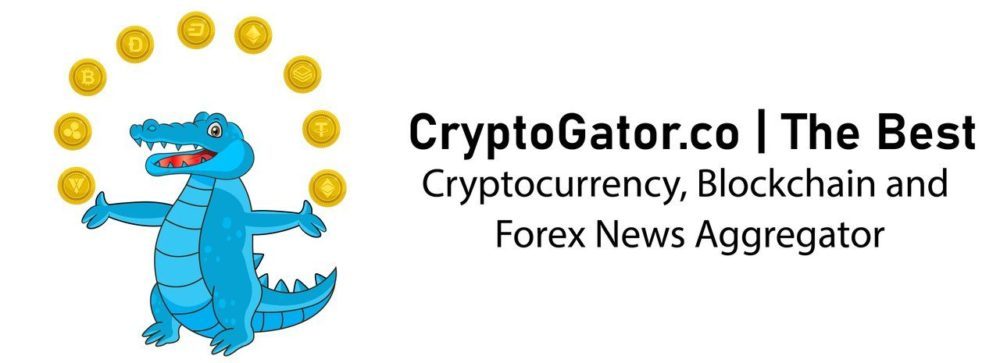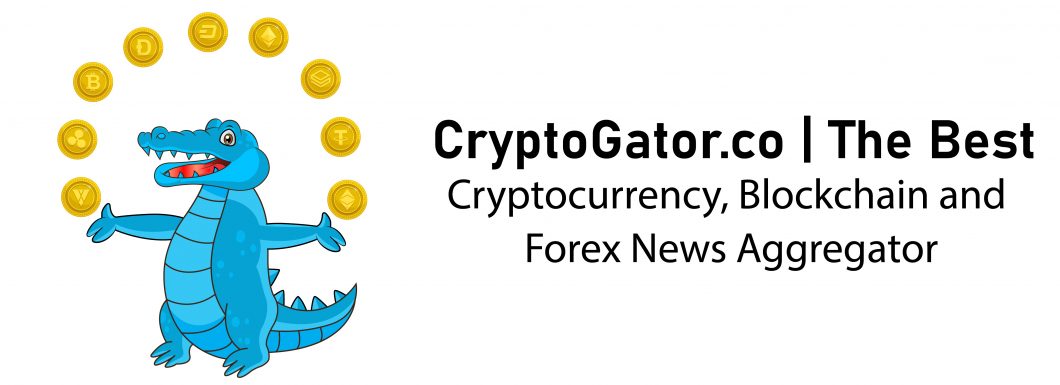<p>On Sunday, UBS agreed to <a href=”https://www.financemagnates.com/institutional-forex/ubsagreed-to-buy-troubled-rival-credit-suisse/” target=”_blank” rel=”follow”>buy rival Credit Suisse for EUR 3 billion</a>. While the deal, supported by Swiss regulators, was about to stabilize the country’s potential banking crisis, it has pushed global markets into downward spirals as they opened on Monday morning.
</p><p>Credit Suisse Acquisitions Put Global Markets in Red
</p><p>The <a href=”https://www.financemagnates.com/institutional-forex/credit-suisse-highlights-material-weakness-in-delayed-annual-report/” target=”_blank” rel=”follow”>share price of Credit Suisse</a> plunged over 63 percent within an hour of the opening of the European market, only to recover at about a loss of 58 percent as of press time. <a href=”https://www.financemagnates.com/tag/ubs/” target=”_blank” rel=”follow”>UBS </a>stock prices also went down by over 13 percent before recovering to some extent. These plummets dragged down the European STOXX 600 which dropped marginally by 1.6 percent before staging a modest recovery.</p><p>Despite the remarkable takeover, the harsh investors’ sentiment resulted from a term in the deal: Swiss financial regulator FINMA ordered the writing off of the risky additional tier one (AT1) bonds of Credit Suisse. This has whipped out the value of about $17 billion of bonds to zero.
</p><p>”The extraordinary government support will trigger a complete write-down of the nominal value of all AT1 shares of Credit Suisse in the amount of around SFr16bn, and thus an increase in core capital,” the Swiss regulator stated.
</p><p>What Are AT1 Bonds?
</p><p>AT1 bonds were introduced as a part of the post-global financial crisis regulatory reforms to push the banks to increase their capital levels. These bonds are contingent convertible securities, meaning they can be converted into equity if the bank runs into trouble. They offer much higher yields for compensating the risks associated with these bonds.
</p><p>After UBS’s confirmation of the <a href=”https://www.financemagnates.com/tag/credit-suisse/” target=”_blank” rel=”follow”>Credit Suisse takeover</a> on Sunday, market participants did not anticipate any drastic clause to be involved with the AT1 bonds. Instead, traders marked up the quoting price of Credit Suisse’s AT1 bonds after confirming the deal.
</p><p>”The market is likely to be shocked by such a blatant inversion of the hierarchy of creditors and by the decision to sweeten an equity deal at the expense of bondholders,” Jérôme Legras, the Head of Research at Axiom Alternative Investments, told Financial Times.</p><p>In addition, the market conditions forced the European banking regulators to reiterate that AT1 bonds only take losses outside Switzerland after contributors of common equity Tier 1, such as shareholders, have been wiped out. However, the Swiss regulator took the opposite approach of wiping out Credit Suisse AT1 holders while leaving shareholders with the possibility of receiving some payment from the UBS takeover.
</p><p>”The resolution framework implementing in the European Union the reforms recommended by the Financial Stability Board after the Great Financial Crisis has established, among others, the order according to which shareholders and creditors of a troubled bank should bear losses,” a joint statement by Single Resolution Board, European Banking Authority and ECB Banking Supervision noted.
</p><p>”In particular, common equity instruments are the first ones to absorb losses, and only after their full use would Additional Tier One be required to be written down. This approach has been consistently applied in past cases and will continue to guide the actions of the SRB and ECB banking supervision in crisis interventions.”
</p><p>A Remarkable Deal, but a Disaster for Shareholders
</p><p>Swiss regulators supported UBS’s acquisition of Credit Suisse to <a href=”https://www.financemagnates.com/institutional-forex/swiss-crisis-credit-suisse-borrows-chf-50b-to-escape-liquidity-troubles/” target=”_blank” rel=”follow”>avoid any further crisis</a> in the country’s banking sector. The deal was also closed after UBS significantly upped its bid for the rival lender. However, the agreed price still remained lower than the closing price of Credit Suisse shares on Friday.</p><p>The shareholders of Credit Suisse were not consulted for the deal as the regulator had already greenlighted it as an emergency measure.</p><blockquote class=”twitter-tweet”><p lang=”en” dir=”ltr”>Credit Suisse’s purchase by UBS leaves one clear winner but lots of losersBloomberg’s Tom Mackenzie breaks them down <a href=”https://t.co/GjmZlhdZmt”>https://t.co/GjmZlhdZmt</a> <a href=”https://t.co/16bEfOYPYL”>pic.twitter.com/16bEfOYPYL</a></p>— Bloomberg TV (@BloombergTV) <a href=”https://twitter.com/BloombergTV/status/1637742107925311489?ref_src=twsrc%5Etfw”>March 20, 2023</a></blockquote><p>Though the deal is believed to have saved the Swiss and the larger European banking sector from a looming crisis, it was unfavourable towards Credit Suisse shareholders. Saudi National Bank, which holds 9.9 percent of Credit Suisse stakes, confirmed a loss of up to $1.2 billion.
</p><p>”As [of] December 2022, SNB’s investment in Credit Suisse constituted less than 0.5 percent of SNB’s total Assets, and c. 1.7 percent of SNB’s investments portfolio,” the Saudi National Bank said in a statement. “Changes in the valuation of SNB’s investment in Credit Suisse have no impact on SNB’s growth plans and forward looking 2023 guidance.”
</p>
This article was written by Arnab Shome at www.financemagnates.com.



